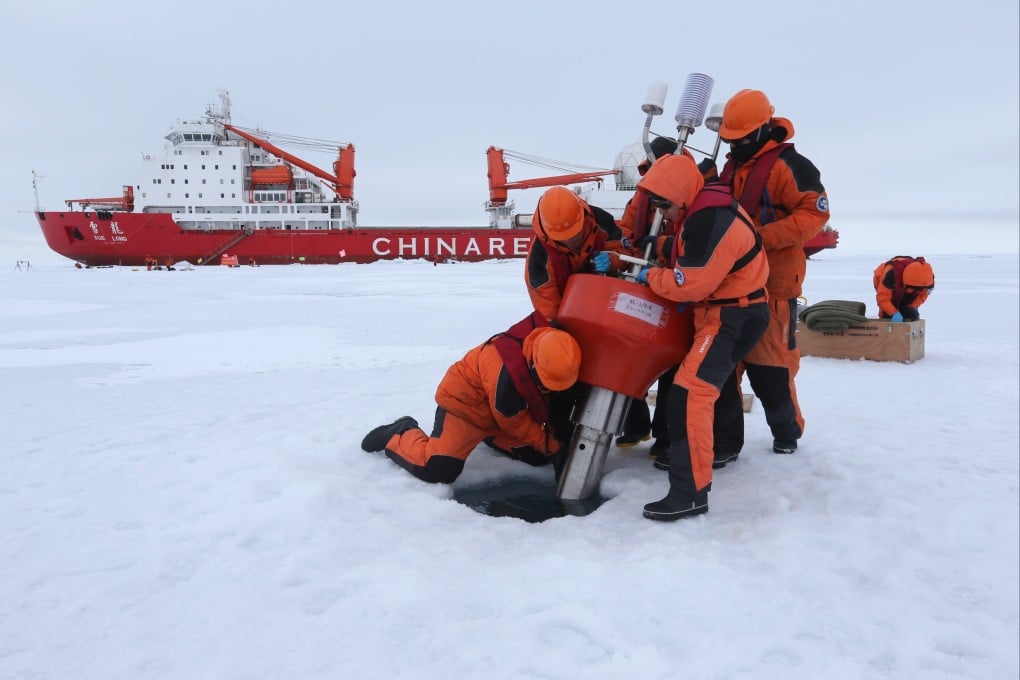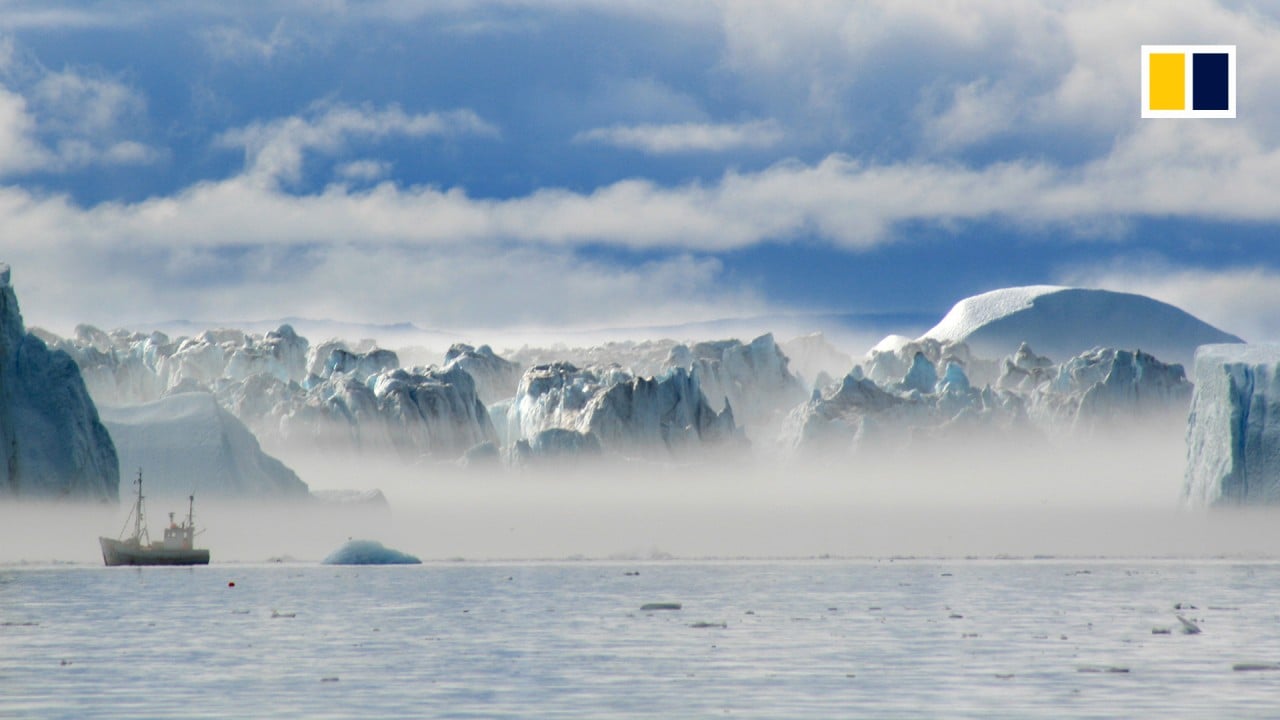What next for China’s Polar Silk Road as Russian invasion of Ukraine sparks Arctic freeze?
- Arctic Council boycott of chair member Russia seen to cast shadow over wider regional cooperation in North Pole
- As a self-declared near-Arctic state, China faces a delicate balancing act regarding main polar partner, analysts say

Seven of the eight Arctic Council members – all bar Russia, the current rotating chair – have announced a boycott of meetings, including upcoming talks in Russia, over the country’s “flagrant violation” of the body’s core principles of sovereignty and territorial integrity.
The March 3 joint statement – from the US, Canada, Finland, Denmark, Iceland, Norway and Sweden – places a question mark over the future of the leading inter-governmental forum for Arctic states.
Established in 1996, the Arctic Council facilitates cooperation, collaboration and interaction over issues affecting the far North, including resource management, conservation, pollution as well as the impact of climate change melting polar ice caps.
While Russia said it would proceed with events alone, the council boycott will cast a shadow over regional cooperation between Arctic and non-Arctic governments, according to Marc Lanteigne, associate professor at the University of Tromso in Norway.
